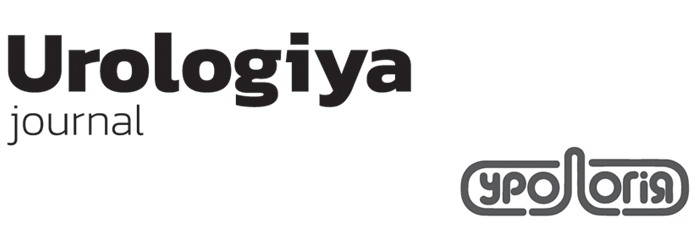V.P. Stus, M.Y. Polion, Y.M. Polion
By questioning and complex clinical and laboratory findings formed 2 groups: 1st Group (control) - men with normal fertility (62 men), the second group - infertile men (70 patients). The content of heavy metals in the blood and semen, conducted a study of the seminal fluid.
It was found that all the sperm morphology and performance of their mobility were statistically significant (p <0,001) in the group of infertile worse in comparison with a group of fertile men. Blood biotic heavy metals (copper and zinc) infertile men was significantly higher (p <0.001) than in the group of male fertile. The inverse relationship between the concentration of the moderate forces in the lead with a total eyakulyate eyakulyata infertility. The total volume of ejaculate and the number of live sperm was inversely correlated with the content cadmium in semen. Increasing the concentration of lead in eyakulyate accompanied by an increase amount abnormal sperm shape Found actively lead accumulation in eyakulyate leads to disruption of fertile sperm and the properties can be one of the risk factors for infertility. It was found that abiotic metals are characterized by significantly higher Index of Gematotesctular Migration (IGM) group of infertile men than in the group of fertile men (p <0,05 for lead and p <0,01 for cadmium). Conversely, for the typical biotic metals significantly lower in the group of IGM barren in comparison with a group of fertile men (p <0,001 for copper and zinc), and zinc, this difference is almost 17 times have.

